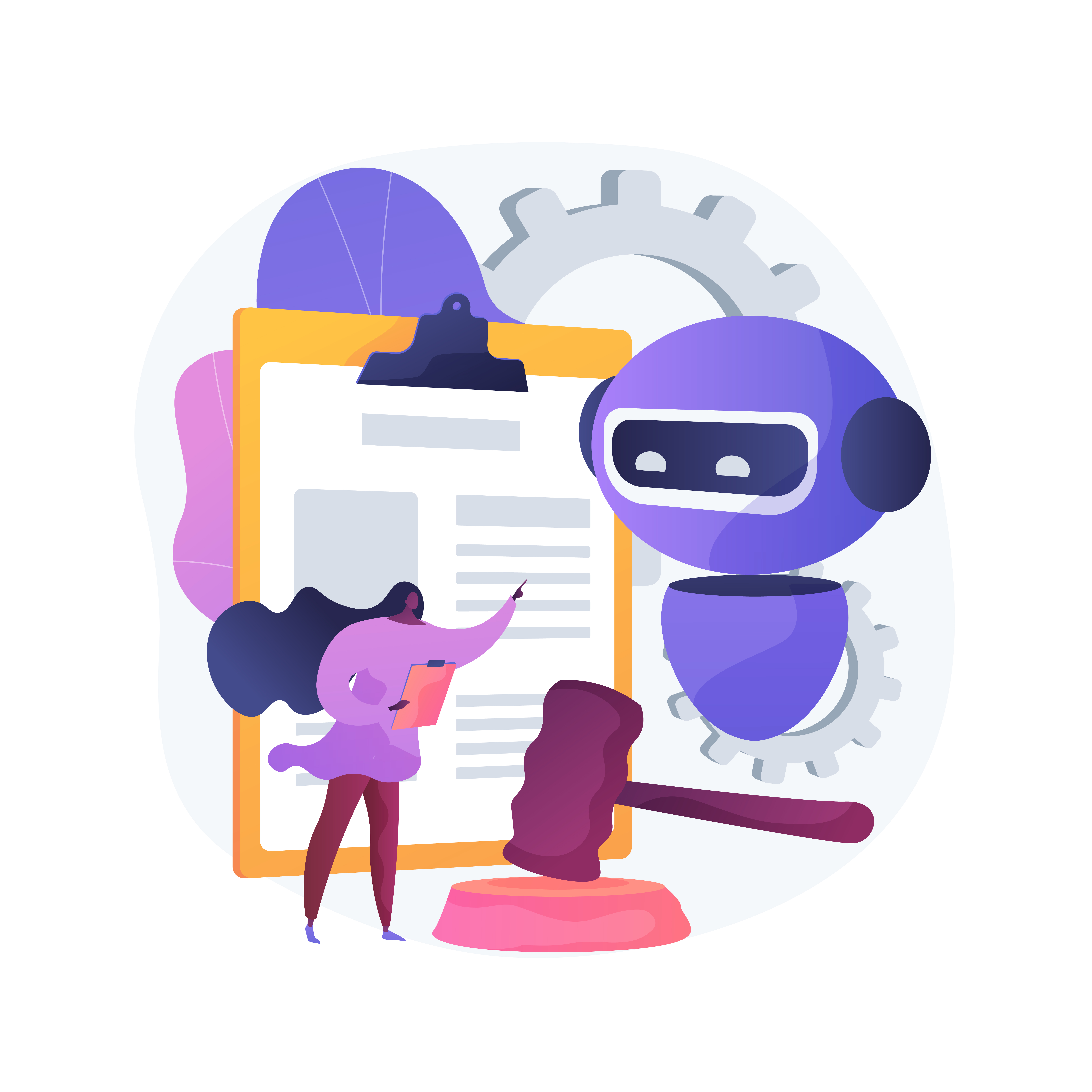Legal and Regulatory Concerns Raised by Artificial Intelligence

Artificial intelligence (AI) has the potential to transform many aspects of our lives, from healthcare and transportation to finance and education. It is already working away behind the scenes in lots of applications and mostly we are blissfully unaware. As with any innovative technology, AI creates several legal and regulatory concerns that pose challenges for its development and adoption. We will look at a few of these worries to see what they signify for the commercialisation of AI.
Self-Driving Vehicles
To begin to understand some of the legal and regulatory concerns, let us look at a more tangible application – self-driving vehicles. As self-driving cars become more common, a variety of accountability and liability issues have become known, including how to assign blame in the event of an accident. When an accident occurs in a regular car, the driver is usually held culpable, however there might not be a human driver in the case of a self-driving car. This can result in difficult legal conflicts about who has responsibility for any losses or injuries brought on by an accident involving an autonomous vehicle.
The possibility of hacking or other cyber-attacks on self-driving cars raises another liability concern. If an autonomous car is compromised, the hacker may cause accidents or other incidents, raising the issue of who is responsible for any ensuing losses or injuries. This might also raise questions regarding the security of the sensitive data that self-driving cars collect, such as personal information.
In addition, there are legal concerns relating to the design and production of self-driving cars. The maker of the self-driving vehicle may be responsible for any damages or injuries that come from an accident caused by a design or manufacturing flaw. This could create challenges for manufacturers, who may need to invest in additional safety measures and testing to ensure the security of their autonomous vehicles.
AI in Other Areas
There are similar problems and hurdles for AI in other fields, which could delay its commercialization. Concerns, such as antitrust, bias, and data security, may hinder the acceptance and deployment of the technology in addition to issues with accountability and culpability. It can be challenging to pinpoint who or what is at fault when things go wrong as AI systems get more sophisticated and are applied by industries in a wider range of situations. This has sparked debates over whether and how current rules and regulations ought to be altered to accommodate the difficulties brought on by AI, as well as whether new laws or regulations are required.
Data Security
The key legal and regulatory concern related to AI is data security. As AI systems become increasingly sophisticated, they will rely on vast amounts of data to function properly. This data will often be sensitive, and the misuse or loss of this data could have grave consequences for individuals and organizations.
To address these concerns, regulators will need to impose stricter requirements on companies that collect and use data for AI purposes. This could include requiring companies to implement robust security measures to protect data, and to be transparent about how they are using this data. Regulators will also need to establish clear guidelines for how companies should handle data breaches and impose penalties for companies that fail to adequately protect sensitive data. Some authorities have already enacted laws and regulations governing the collection, use and storage of personal data, such as the European Union’s General Data Protection Regulation (GDPR) and the California Consumer Privacy Act (CCPA) in the United States.
Bias
AI algorithms can be biased in a few ways, including through the data used to train them, the assumptions built into the algorithms and the ways in which the algorithms are used. This can result in outcomes that are unfair or discriminatory and has led to calls for greater transparency and accountability in the development and deployment of AI systems.
Antitrust
One of the main antitrust concerns relating to AI is the ability for larger companies to use their power and influence to stifle competition. If a company that has a dominant position in a particular market uses AI to analyse and predict consumer behaviour, it could use this information to gain an unfair advantage over its competitors. Regulators may need to closely monitor the use of AI by dominant companies and act if necessary. This could include requiring companies to share their data or algorithms with competitors, or imposing limits on the use of AI in certain areas.
Conclusion
Undoubtedly, AI will bring about significant benefits and advances in many areas of our lives. However, the legal and regulatory concerns such as liability, antitrust, bias and data security will need to be addressed as AI continues to develop and become more prevalent in our society. By carefully considering these concerns and taking proper action, regulators can help ensure that the benefits of AI are realized while minimizing the possible negative consequences.
Sign up for a free demo today
Streamline your customer support, sales and marketing through conversational AI and chatbots.
Get a Free Demo Today